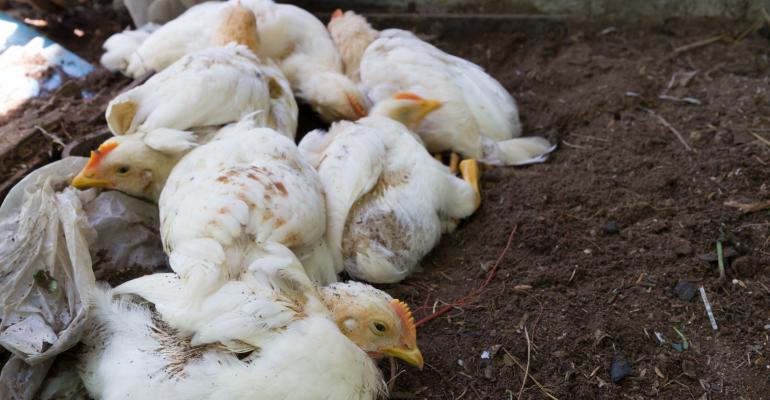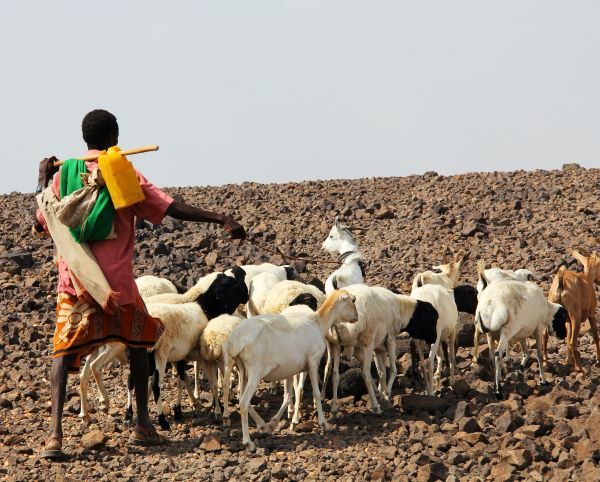Nqobile Bhebhe,Zimbabwe
Veterinary Services officials in Zimbabwe have certified the poultry sector to be free from the deadly Highly Pathogenic Avian Influenza (HPAI) that wreaked havoc in 2017.
However, an import ban on poultry products from South Africa has not been lifted. The sector is also still on high alert, officials said.
The southern Africa country went through as torrid four months between May and August last year.
That forced the country to cull thousands of birds.
The country had to endure a shortage of eggs and chickens as a result of the avian flu outbreak
Dr Unesu Ushewokunze-Obatolu , the Department of Livestock and Veterinary Services principal has said the threat was over.
“Effective January 31, 2018, this notice serves as an official declaration of the end of the avian Influenza that hit our country over the period May to August 2017,” reads part of the statement released on February 5.
“Operations at Irvine’s Private Limited are now reverting to normal.
“The Department of Livestock and Veterinary Services and all stakeholders remain on high alert as the global status of Avian Influenza or Bird Flue remains unpredictable,”.
“The public is required to co-operate with veterinary import controls to limit introduction of Avian Influenza from other territories,” she said.
In just one week last year in June, one of southern Africa’s biggest poultry producers, Irvine’s Zimbabwe, lost 15 percent of its chickens following a severe outbreak of avian influenza H5N8 at its Lanark Farm on the southern limits of Harare.
The outbreak immediately sent shockwaves across the sub-region, which accesses 50 percent of its poultry and related products from Irvine’s.
Three Southern African Development Community countries namely South Africa, Botswana and Mozambique banned poultry and related products from Zimbabwe.
Because of the stability of the virus in the environment and its highly contagious nature, strict bio-security measures and good hygiene are essential in protecting against disease outbreaks.
If the infection is detected in animals, a policy of culling infected and contact animals is normally used in an effort to rapidly contain, control and eradicate the disease.
As a precautionary and regulatory measure, animals that have been culled as a result of measures to control an avian flu outbreak should not be consumed by humans.
Avian influenza has captured the attention of the international community over the years, with outbreaks having serious consequences on both livelihoods and international trade in many countries.
While other avian influenza strains have affected humans, the H5N8 virus has not yet been detected in humans.









